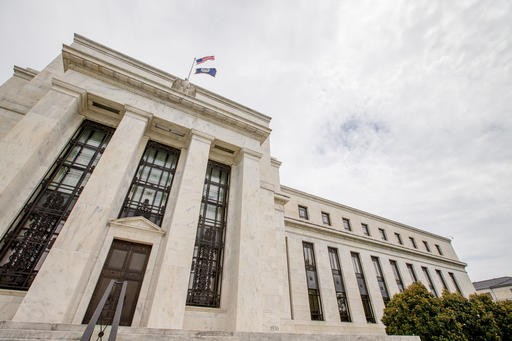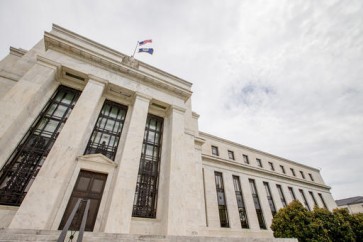Popular Reads
Top Results
Can't find what you're looking for?
View all search resultsPopular Reads
Top Results
Can't find what you're looking for?
View all search resultsFed-rate increase: Saved by the bell
Emerging economies have been saved by the bell such that the Fed rate increase has not caused any meaningful disturbance, let alone tantrums in the emerging economies, including Indonesia.
Change text size
Gift Premium Articles
to Anyone
T
he United States Federal Reserve increased on March 15 the Fed funds rate — the rate in which banks charge overnight loans to other banks — by 25 basis points to a range of between 0.5 and 0.75 percent. The increase was the second since 2015 and third since the global financial crisis of 2008 when the reference rate was reduced to zero percent to stimulate the weak economy recovering from the crisis.
Much had been said about the Fed’s move to return to its normal operation of conventional monetary policy. Emerging economies have been active in voicing their concerns over the risk of sudden capital reversals, which they suffered when the Fed ended its program of purchasing securities, the quantitative easing (QE) in 2013, as infamously known as taper tantrum.
Why have there been no complaints, let alone tantrums of capital reversals from the emerging economies, as happened after the tapering off in 2013 or after the first rate increase in December 2015? In addition, after the Fed’s decision, instead of the usual capital reversal and appreciation of the US dollar, there was even a slight weakening of the US dollar against the euro and yen. The rate increase has also been followed by a halt in the US stock market bull, which started from the time Donald Trump won the US presidential election.
The rate increase is the same and similar to the taper, but the environment and expectations are not the same, and that is why the implications have been different as well. Whether the Fed’s decision was for ending or decreasing the program of bond purchases or raising the Fed funds rate, all are policy actions to tighten liquidity carefully, designed with a view to encourage development of the macro indicators of the economy, like very low unemployment.
Since the moves are from a peculiar condition of very low or even zero interest rate to a positive rate of interest, they are shifts from what has been known as unconventional monetary policy to normal or conventional.
One of the usual implications of such moves is for capital to flow back to the country raising the rate, in this case, the US. In the past, the flows have been from the emerging economies, which previously received these funds from the US and other advanced economies. This was what happened that caused the taper tantrum after 2013 and debates on the lifting off after 2015.
On both occasions US dollar appreciation and the depreciation of the emerging economies’ currencies followed, accompanied by declines of international reserves in the emerging economies.


















